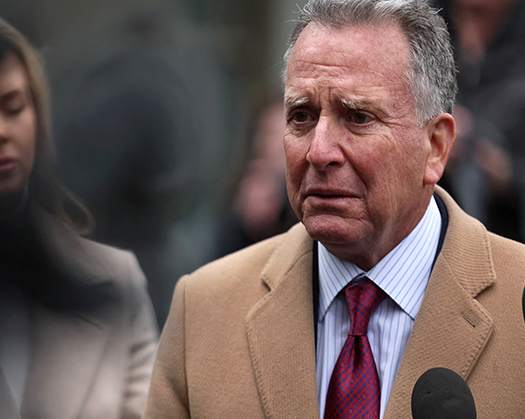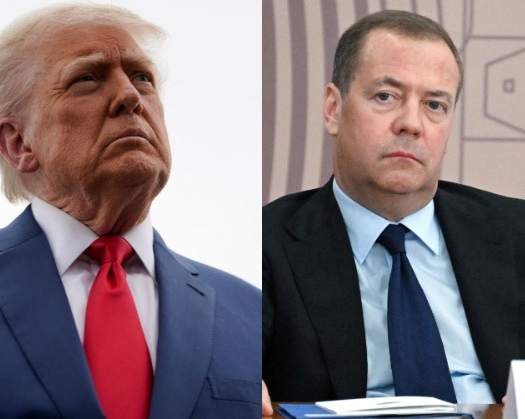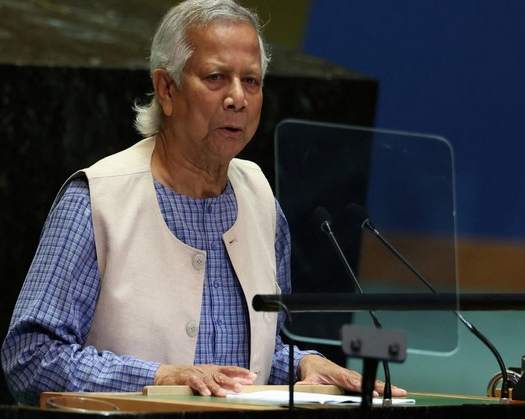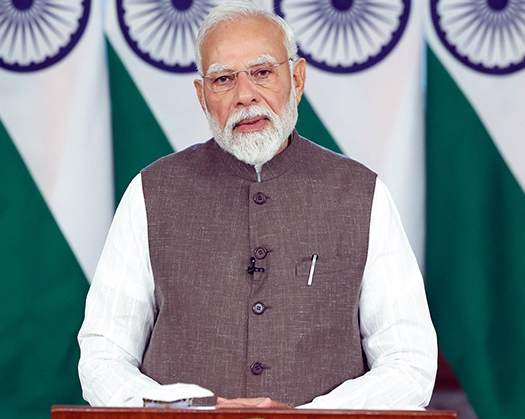Washington: According to CNN, President Donald Trump's new travel ban, which targets 12 nations, the majority of which are in Africa and the Middle East, went into force on Monday, exacerbating concerns about the administration's increased immigration crackdown.
According to the CNN research, the new rule affects citizens of Afghanistan, Myanmar, Chad, the Republic of Congo, Equatorial Guinea, Eritrea, Haiti, Iran, Libya, Somalia, Sudan, and Yemen. Furthermore, it limits persons from Burundi, Cuba, Laos, Sierra Leone, Togo, Turkmenistan, and Venezuela who are not residing in the United States and do not have legitimate visas.
While the proclamation does not cancel existing visas, it prohibits new applications unless individuals satisfy certain exemption requirements. Travelers with previously granted visas should be allowed to enter the United States, CNN reported, citing official instructions provided to American diplomatic missions. The limitations are meant to avert the legal turmoil and enormous airport chaos that occurred after Trump's first travel ban during his first term.
CNN reported that this time, the government emphasized stronger legal framing by concentrating on visa rules rather than outright entry prohibitions. The decision is largely viewed as an attempt to escape legal challenges that scuttled previous iterations of the policy.
Trump defended the move by raising security issues, stating that some nations had inadequate screening procedures or failed to comply with US deportation laws. He also quoted visa overstay numbers from a yearly Homeland Security study, however experts have questioned the reliability and accuracy of those calculations. Notably, Trump linked the travel prohibition to a recent terrorist attack in Boulder, Colorado, which was reportedly carried out by an Egyptian national, a nation not covered by the restriction.
Rights groups and immigrant campaigners have denounced the new directive. This approach is not about national security; it is about generating discord and demonizing people who are seeking safety and opportunity in the United States, according to Abby Maxman, president of Oxfam America.
CNN reported that the addition of Afghanistan to the list has prompted outrage, particularly from individuals helping with Afghan relocation operations. While exceptions exist for Afghans with Special Immigrant Visas—those who worked directly with the US military—critics contend that the wider prohibition jeopardizes refugee protection. Afghanistan has long been one of the major sources of US-bound refugees, with around 14,000 arriving in the 12 months ending September 2024.
Trump had previously blocked refugee intake on his first day in office, and this most recent extension of the limits mirrors that action.













